There is unarguably a progressive value erosion in our country. This is happening increasingly, and there is no hope of it abating soon. This cankerworm is significantly influenced by westernisation and globalization but with the shared responsibility of local catalysts like collapsed family systems, near extinction of communal oversight and accountability, abdication of moral reinforcement by religious centres, failure of governmental institutions and a skewed education curriculum that pays little attention to proper moral education and developing cultural personality identity.
The social-moral code which governs how individuals behave in a community setting has literarily collapsed in most of our communities. Religious morality has been subdued by a craving for wealth and fanaticism not founded on love, truth, or honor. The elevation of money or accumulation of pecuniary wealth in the public space has become Machiavellian as the “end that justifies the means”. The ‘get rich quick syndrome’ is normalised. The effect of this malaise is evident to all; we see it, feel it, and analyze it, but beyond that, what do we do?
The most critical to my mind is the moral dimension of our public affairs. The decay is evident on a national scale. This is not to say that the other dimensions of our moral decadence are less critical. This column will, however, focus on the morality governing the conduct of public affairs, which needs to be more relevant. The decay is growing at a rate similar to our advancement as a country and the extent of our globalisation. It is as though the more advanced and interconnected we are with the rest of the world, the more immoral we become. Some recent manifestations of the decay in our public morality standards will help us appreciate the extent of the decay.
Signposts Of Moral Decline
Historically, Nigeria has often witnessed corruption scandals of fantastical proportions at different times that have shown our decline from morality, as my friend Dr Lasisi Olagunju captured in his recent column “The History of scandals”. Each succeeding corruption scandal and sleaze makes the last one look like a child’s play in comparison, both in the audacity of maleficence and the amount of money involved. In the 1970s, Nigerians witnessed the “cement armada” scandal when the military government issued import licences to companies to import vast amounts of cement to build military infrastructure. The corruption in the cement price, the quantity supplied was far less than paid for, the demurrage paid for real and imagined ships carrying cement at the Nigerian ports, and the local and international court cases that ensued left a sour taste in our collective mouths.
The 1980s were marred with the infamous “rice scandal”; the government spent over $4b to import rice to feed a hungry nation. The rice was nowhere to be found, the monies grew wings and flew into thin airs, and Nigerians and the international community marvelled at our leaders’ sheer level of wickedness and moral bankruptcy.
In recent times, Nigerians have seen the abdication of moral responsibility by those charged with handling our public affairs in favour of self-interest and material gain. You remember the Dasuki-gate. Billions of Dollars meant for combating terrorism and insecurity cannot be accounted for, and the same insecurity has ravaged our communities. You remember the billion-dollar fuel subsidy scam of the 2000s and its sad, lurid details. In this democracy, people collected subsidy payments for petrol vessels that had never come here or existed and falsified the volume of petrol supplied.
Budget Padding Scandal
Most recently, there was the Senator Ningi Budget padding scandal of the National Assembly. The presidency presented a budget of about N27.5 trillion to our National Assembly, but controversy has trailed the budget with no solid explanation as to what happened. The story of magical ubiquitous solar lights and boreholes still haunts the integrity of the budget. This budget manipulation allegation is a moral question for the National Assembly. It has brought issues of transparency, abuse of power, the conflict between public interest and personal interest, and issues of fairness and equity to public attention. These issues raise questions about whether our National Assembly has any moral responsibility.
The most disturbing aspect of these scandals is that we do not learn lessons from them, and most perpetrators go unpunished. Nigerians are used to that and expect little accountability and responsibility from our leaders. Impunity reigns supreme, and things have fallen apart. Moral responsibility is an excellent sign of leadership, but this is vanishing in Nigeria. No leader ever takes responsibility for either failure of oversight or being complicit in a failure of the system to compensate morally for the pain associated with such failures.
No one resigns, apologises, or cares about the people, the victims. The reward for corruption in Nigeria is that perpetrators are given better opportunities to ply their trade. They are valuable to the corrupt system that requires the stealing of public funds to prop it up.
One of the most striking features of contemporary Nigerian politics and politicians is that paradoxically, political rhetoric is increasingly moralistic while the actual ability of public officials to achieve moral ends is in decline. Our public officials see only shades of grey and operate in a world of contradictions, extreme selfishness, greed, deceit and double-speak. The moral corruption of our democratic process contributes substantially to a moral breakdown in all areas of society. Nigeria’s societal moral values, which govern the conduct of politics, business, and government, have often been corrupted. A society’s moral values define what people see as acceptable behaviour for themselves, what they believe behaviours they exhibit that others will approve of or not and what society collectively accepts or rejects as acceptable behaviour by individuals.
The various crises engulfing the contemporary Nigerian state manifest the breakdown of morality in almost all spheres of the country. The gruesome murder of 16 military personnel last Thursday while responding to a distress call during a communal crisis between the Okuoma and Okoloba communities in Delta State is a product of the failure of morals in the communities. The fact that youths who control both money and firepower in our communities no longer have respect for constituted authority and community elders indicates how low we have gone in morals. Our military, which we should revere for protecting us, has come under attack by the same people it is protecting. Daily, we are bombarded with stories of how our military personnel are dying at the hands of fellow Nigerians – bandits, terrorists, secessionists and now village vigilante groups. This is absurd and shows how low we have come as a society.
A Morally Grounded Leadership Needed
Chinua Achebe argued that a functioning, robust democracy requires a healthy, educated, participatory followership and an educated, morally grounded leadership. We do not have either morally grounded leadership or healthy, educated, participatory followership. It is little wonder our democracy has failed to rise in leaps and bounds. The importance of cultivating a solid moral foundation, both as individuals, politicians, and public officials and as a community, should be a priority programme. We must halt the drift, review our current modus operandi, look back into the pressures that have destroyed our public moral standards and values, and seek to rebuild our society based on meritocracy, fairness, and selflessness. We must focus on moral reinforcement rather than materialism.
The decline of moral values in our communities, particularly in politics and public life, should be a central concern. Politics does not rise or fall on the private righteousness of leaders. Leaders’ self-interest should always be tempered by moral conscience. We need to strengthen the guardrails of National morality such as the Judiciary , ICPC, EFCC and the Code of Conduct Bureau . We must effectively demand moral uprightness from public officials and celebrate those who uphold such high moral and ethical standards.











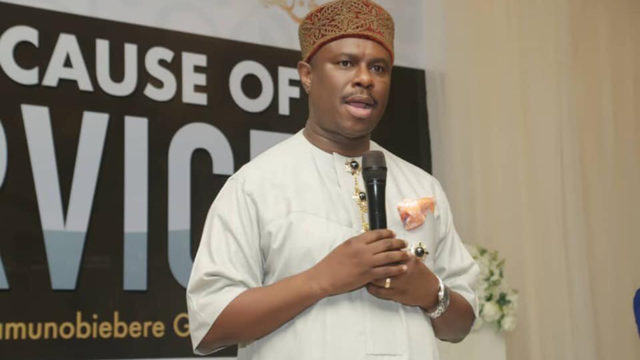









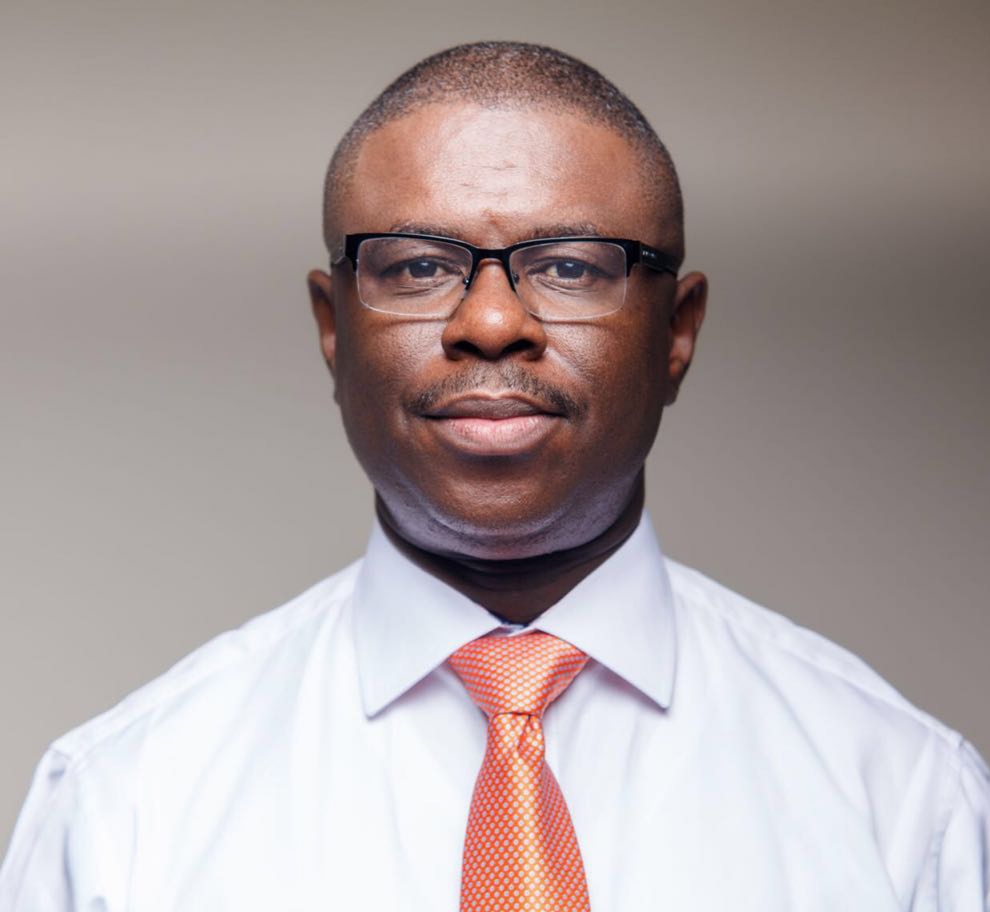


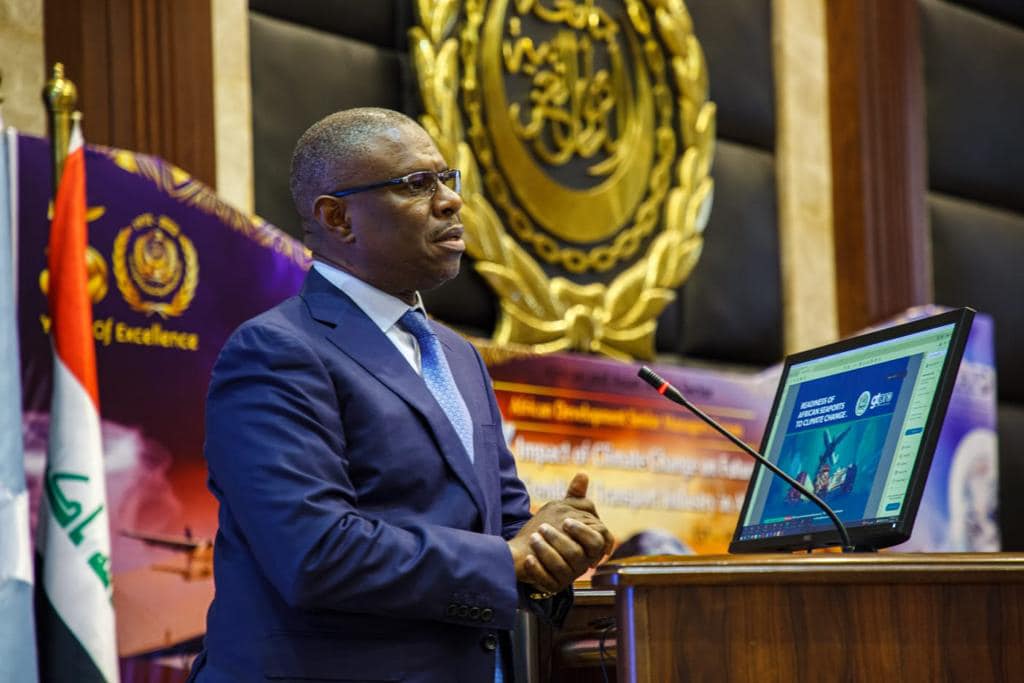

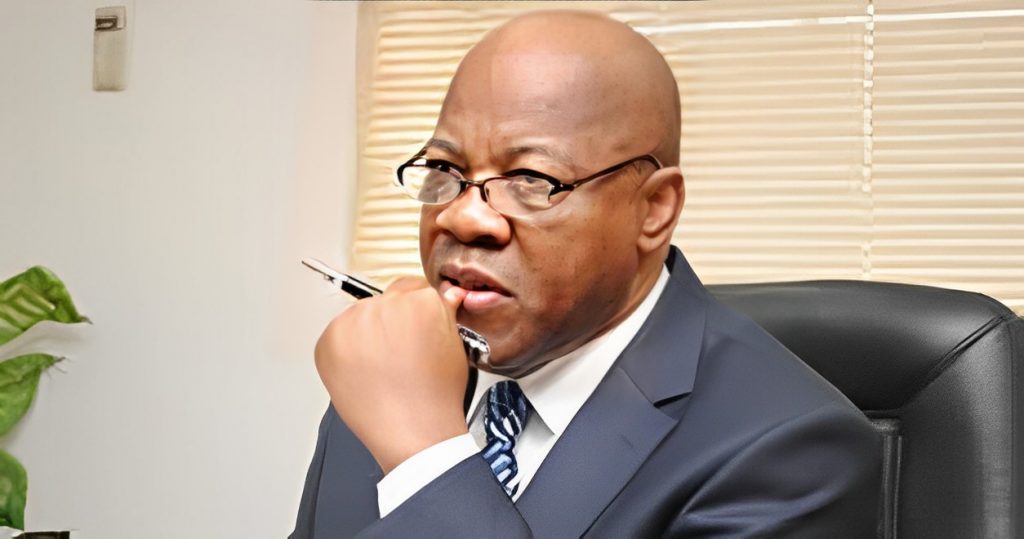
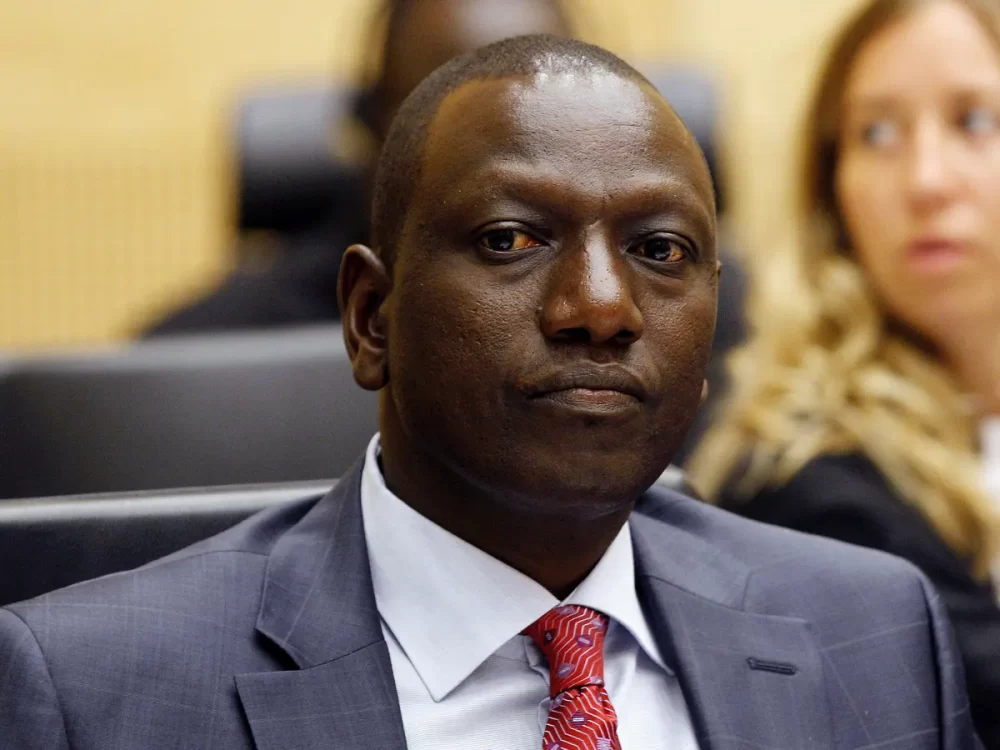
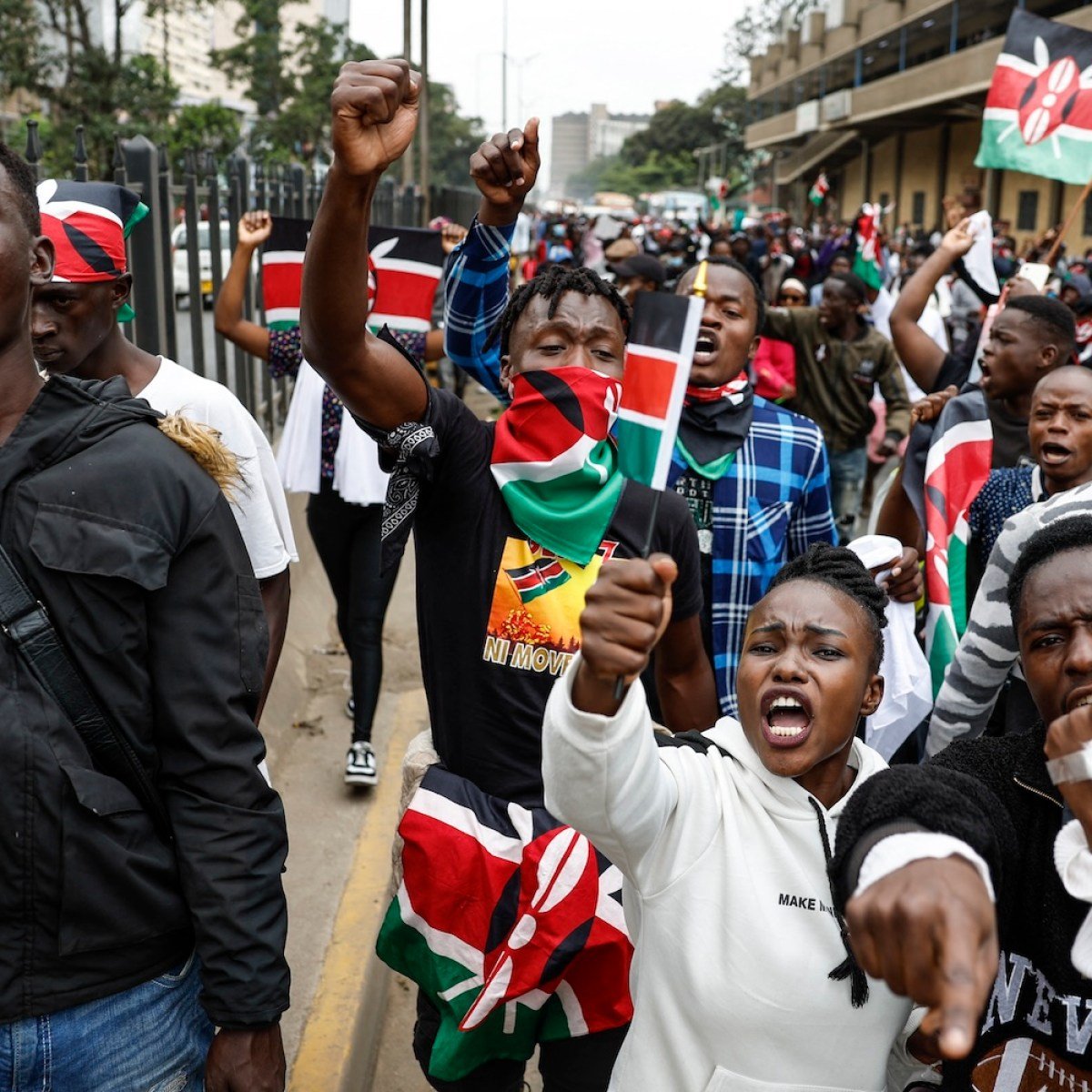


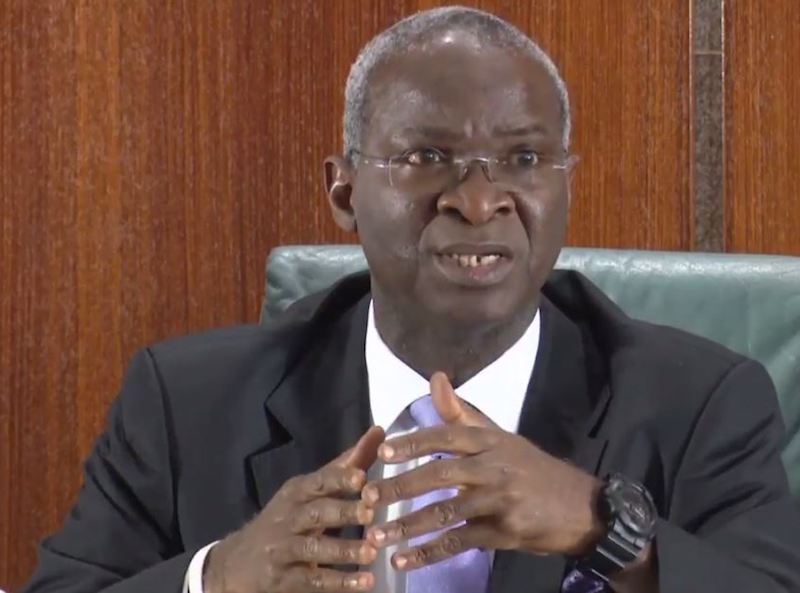
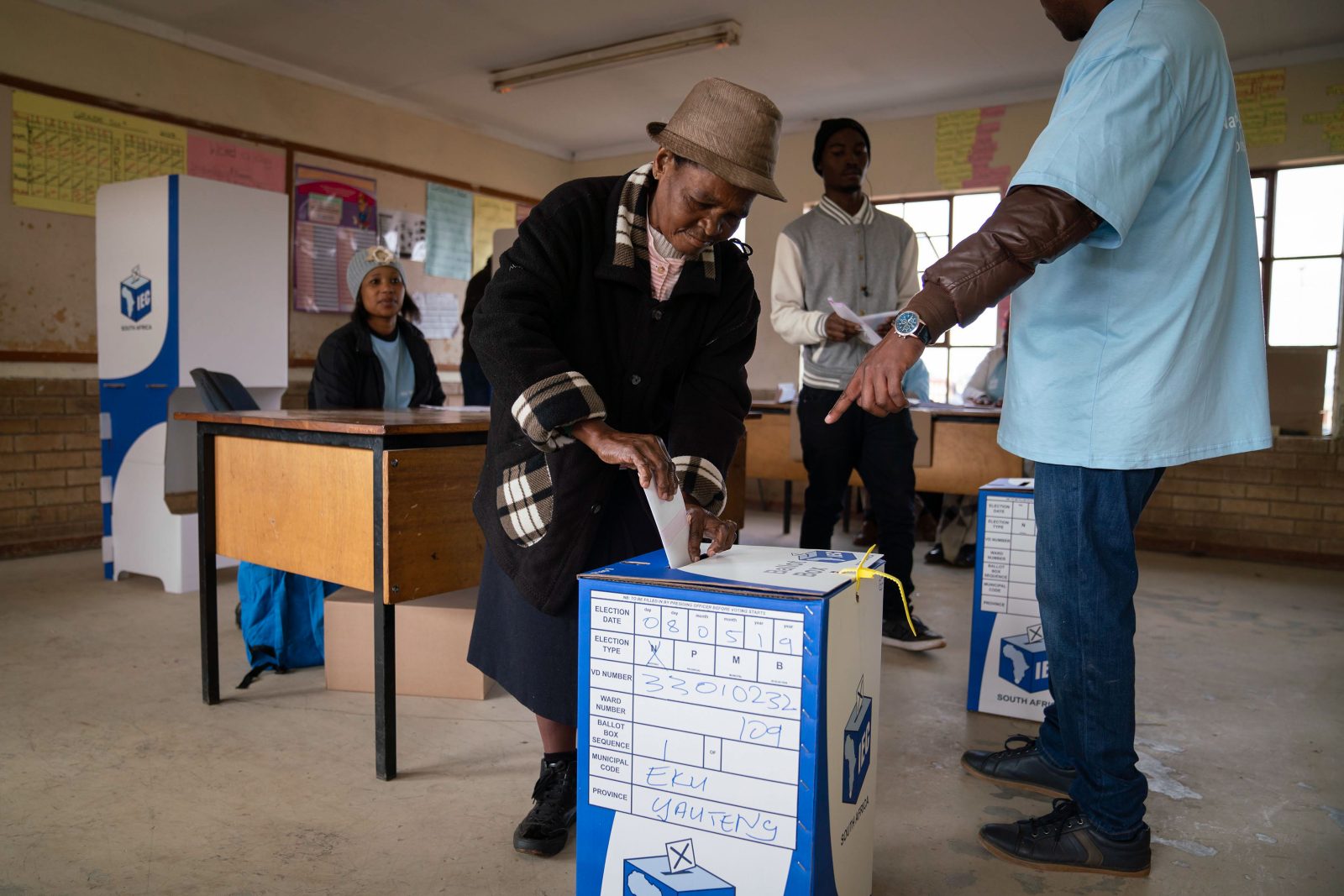

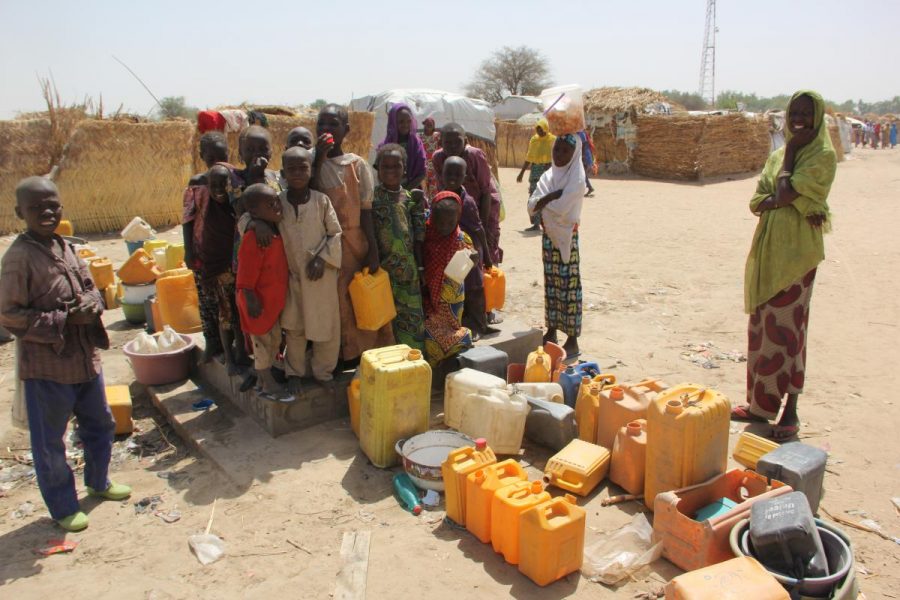
Leave a comment